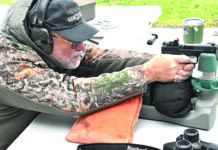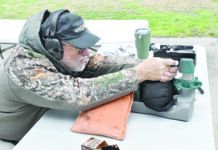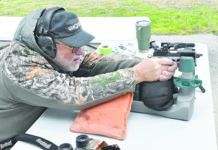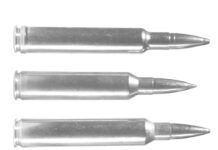NSSF, the firearms industry trade association, filed an amicus brief with the U.S. Supreme Court in support of the lawsuit by Michael Cargill in Garland v. Cargill. Cargill challenges that the Bureau of Alcohol, Tobacco, Firearms and Explosives (ATF) overstepped its authority when officials there published a Final Rule that criminalized the possession of “bump stocks” by classifying them as “machineguns.”
“No matter what their intent is, ATF does not have the authority to supersede Congress by writing their own criminal law,” said Lawrence G. Keane, NSSF senior vice president and general counsel.
NSSF’s amicus brief argues that the ATF’s bump stock rule exemplifies a troubling trend of ATF regulatory overreach. That has resulted in destabilizing consequences for both the firearm industry and the people whose rights it enables. The ATF initially told the public of bump stocks, “that they were not machineguns” according to the definition approved by Congress and maintained this position for over a decade, including in interpretation letters to the public. That meant possession of the firearm accessory was legal and didn’t fall into the restrictions under the 1934 National Firearms Act that governs possession of automatic firearms.
The ATF’s position on bump stocks changed following the 2017 tragedy in Las Vegas when an individual criminally misused firearms, equipped with bump stocks, to attack concertgoers. President Donald Trump vowed to eliminate bump stocks regardless of Congress. The ATF carried out this order with the Final Rule that bypassed Congress and its sole authority to write criminal law by reclassifying bump stocks as “machineguns” and subjecting owners to criminal penalties.
Cargill challenged the ATF’s authority to unilaterally change criminal law through the rule-making process and was unsuccessful at a U.S. District Court and a panel for the U.S. Court of Appeals for the Fifth Circuit affirmed the district court’s ruling.
However, an en banc rehearing by the full U.S. Court of Appeals for the Fifth Circuit reversed (13-2) the panel’s decision. The Department of Justice (DOJ) petitioned to the U.S. Supreme Court, which granted review.





























